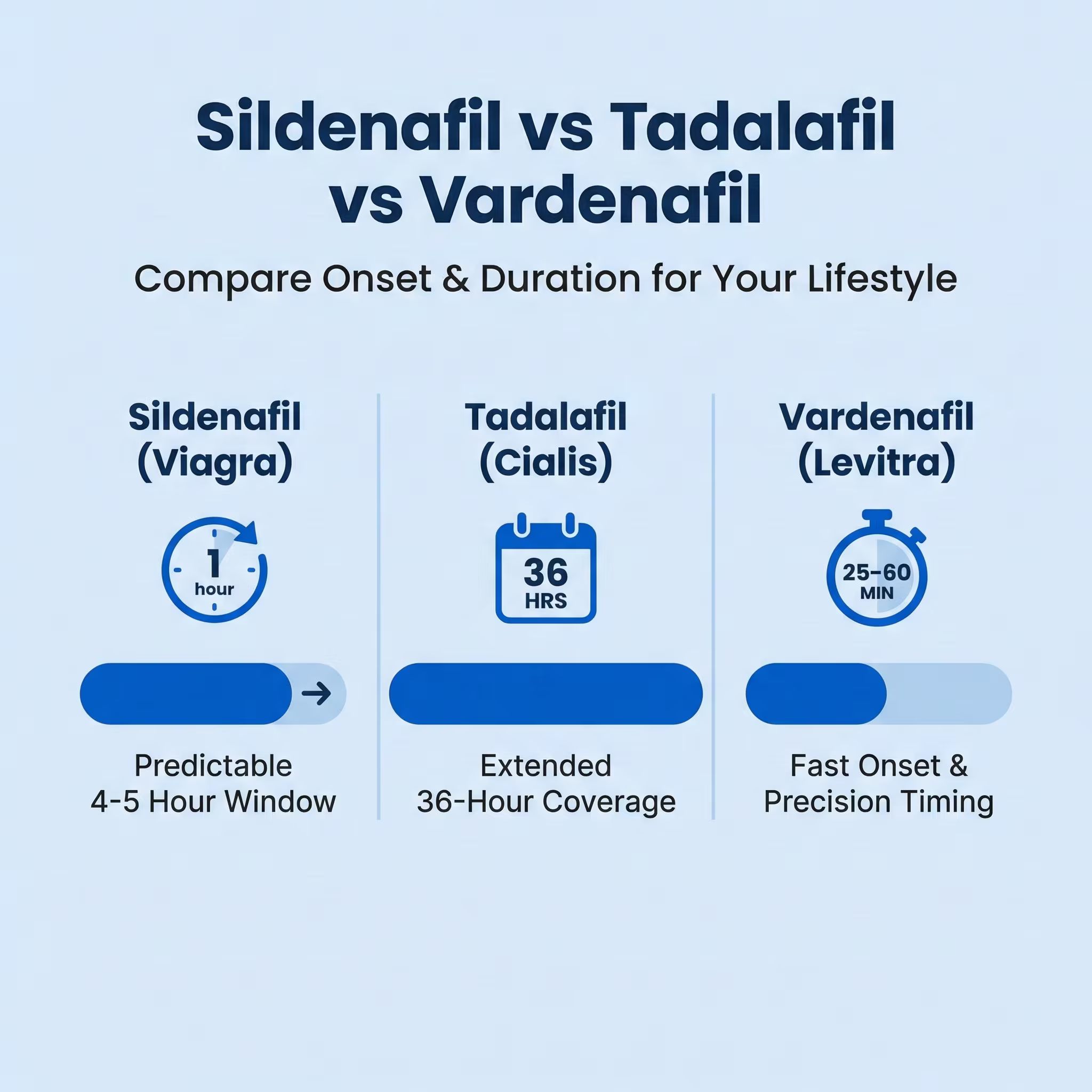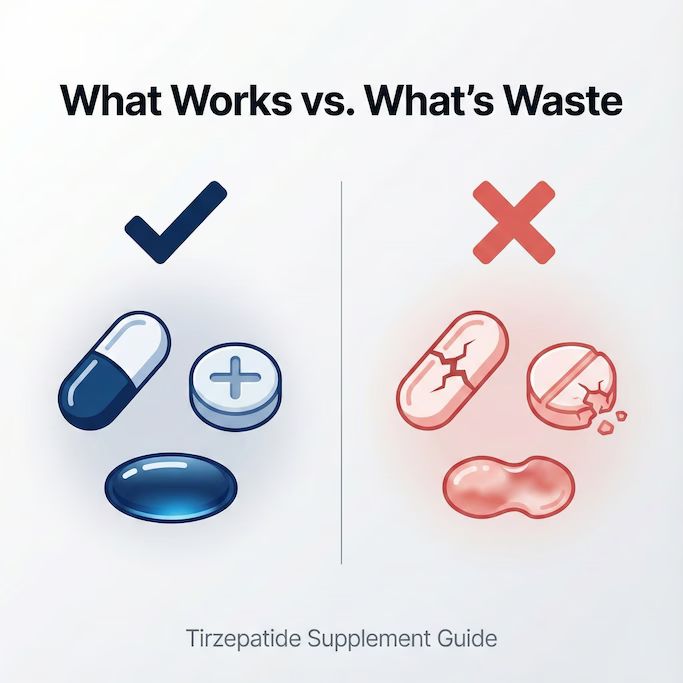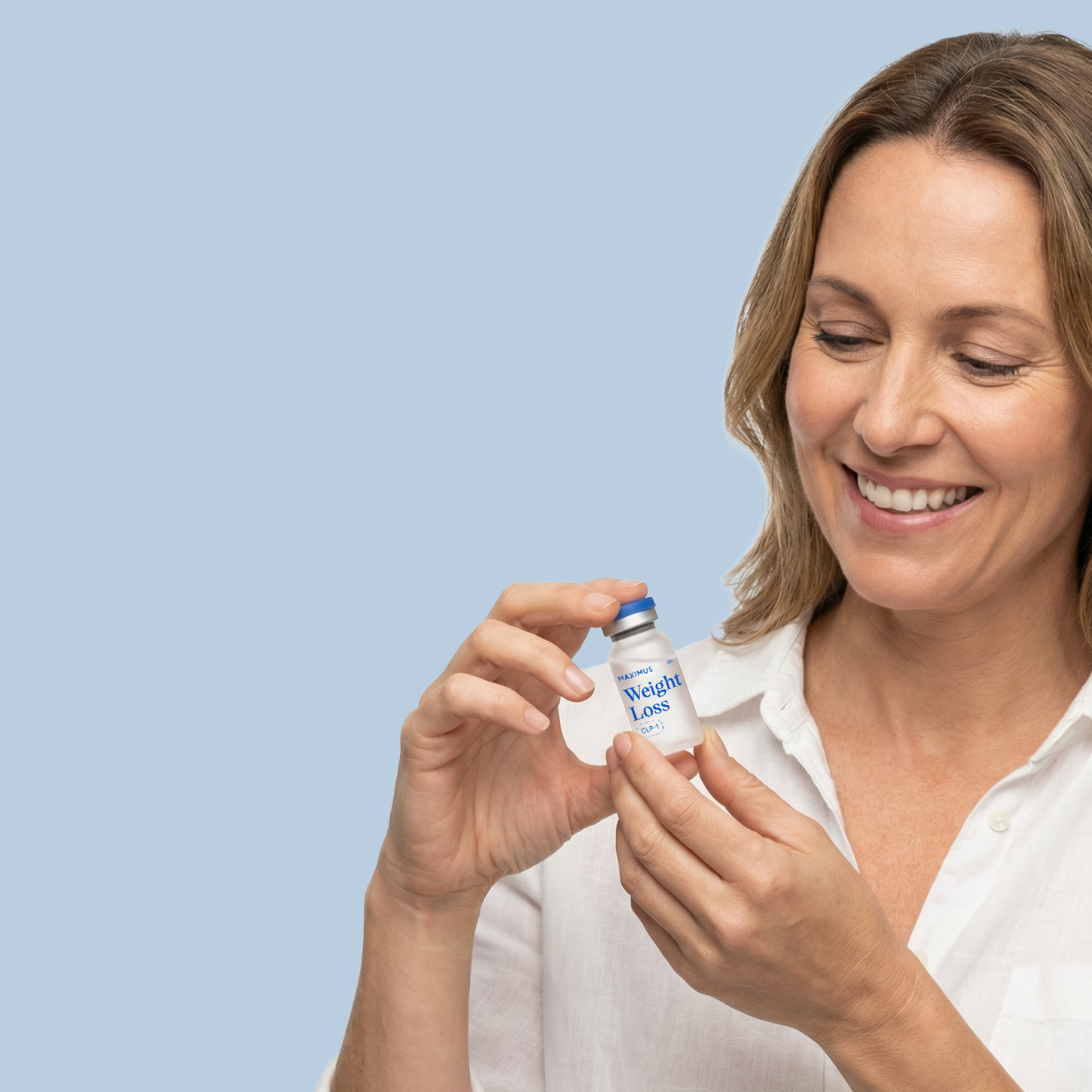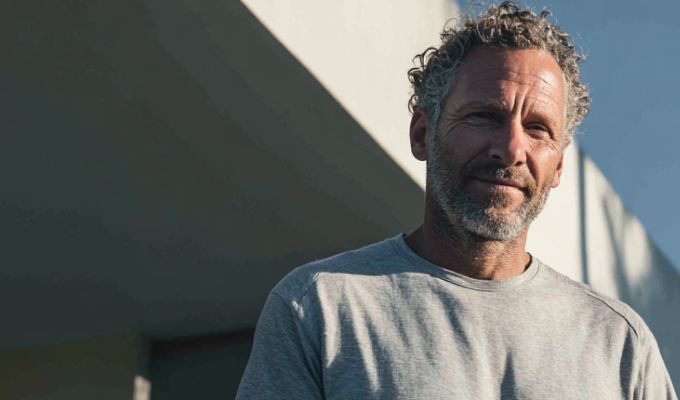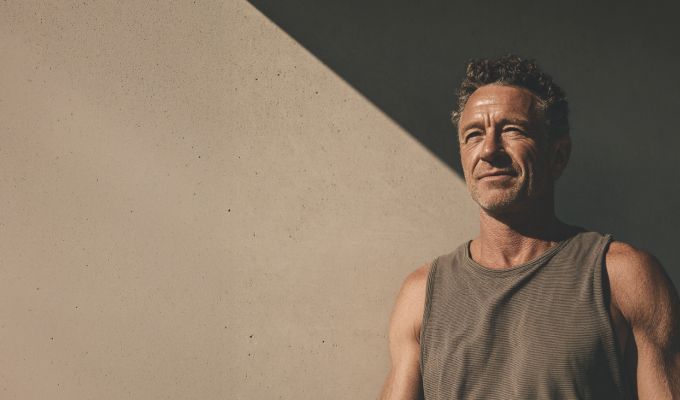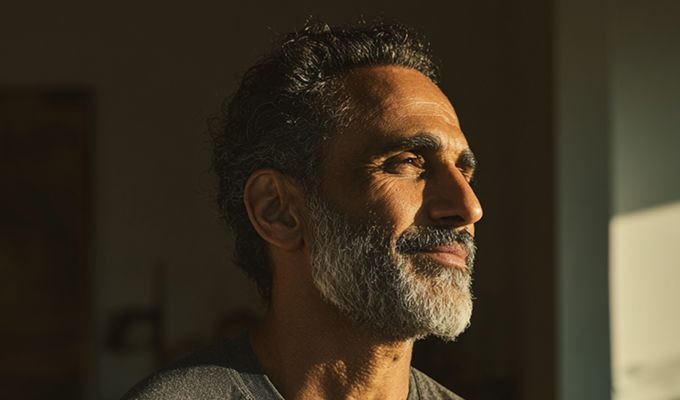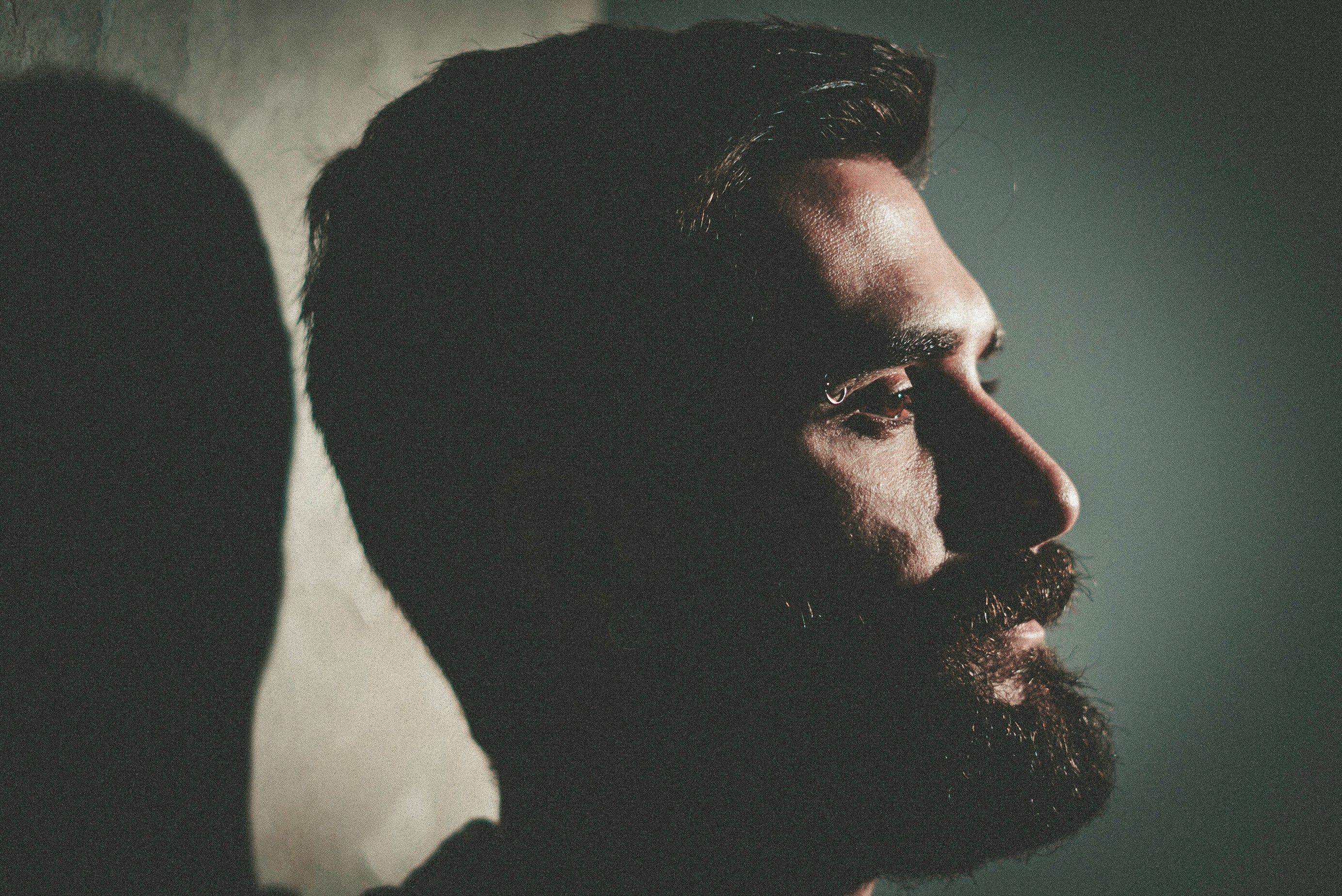Key takeaways:
- Men are more reluctant to seek support for mental health issues than women. This is likely due to societal perceptions of masculinity.
- A lack of support may be the reason why suicide rates and stress-related diseases are higher among men.
- Men are also more likely to use destructive coping mechanisms to deal with anxiety and depression.
- Therapy benefits men by promoting personal growth, confidence, productivity, and healthier relationships. It can also provide them with a sense of purpose and meaning in life.
A recent study found that men feel more “feminine” when seeking support through mental health apps, and they perceive others who use these kinds of apps to be more feminine than those who don’t. This echoes earlier findings that men are less likely than women to seek support for mental health difficulties, including going to therapy.
Does this mean men are simply better at figuring out their problems on their own?
Ehh, that’s unlikely. After all, research shows that worldwide, men are 1.8 times more likely to die by suicide compared to women.
But why is it so hard to ask for help?
The problem with “bootstrap mentality”
Think of James Bond, John McClane, and Jason Bourne – Hollywood loves stereotyping men as tough, ruthless, and emotionally repressed. They’re exactly the kind of men who’d rather pull themselves up by their bootstraps than admit they’re having a bit of a hard time. Your dad and granddad had their own mythical heroes they idealized, and so did the men before them, each one often reinforcing the idea that to be masculine is to be self-reliant; asking for help admits defeat or weakness.
It’s time to correct this idea.
Self-reliance is important, but when it prevents you from seeking support, the very defeat or weakness you hope to avoid becomes inevitable. Along with higher suicide rates and a higher risk of dying from stress-related diseases, men are more likely to turn to destructive coping mechanisms like drinking or using drugs to deal with anxiety or depression.
How therapy makes you a better man
You don’t need to have a mental health condition to see a therapist. Therapy can benefit anyone looking for more personal insight and growth. In addition to lowering your risk of self-harm and stress-related illnesses, here are some ways therapy can make you a better man:
Increased confidence: According to experts at the Cleveland Clinic, avoiding anxiety only makes you more anxious, but facing your anxiety with the help of a therapist makes you more confident.
Enhanced productivity: A study at Ohio State University found that talk therapy helped people with depression be more productive at work. The same study also found that talk therapy helped unemployed and underemployed people find new jobs during just four months of therapy.
Better relationships and better sex: Therapy can teach you more effective communication strategies to use with your partner (especially if you attend together) or encourage you to explore past experiences or current beliefs holding you back from fostering meaningful relationships. It may also help resolve issues affecting your sex life, like premature ejaculation.
A sense of purpose: Some evidence suggests that cognitive behavioral therapy (CBT) can improve your sense of purpose and meaning in life, so you can kiss those existential crises goodbye.
Other ways to boost mental health
Therapy isn’t the only way to support your mental health. In addition to seeking support from a professional therapist, you should also establish a strong social network, ideally with other men. Studies show that having male friends in early adulthood may help protect men better against stress.
Other proven ways to support your mental health are pretty simple: eat well, prioritize sleep, and exercise. But don’t let healthy activities replace therapy. Guys who publicly claim that things like weightlifting, biohacking, jiu jitsu, or ice baths are better than therapy tend to be the guys who need therapy the most.
Dr. Cam’s Health Hack:
Still on the fence about starting therapy? Committed to doing the hard work alone? You don’t have to choose. Take this advice from Dr. Cam:
“Good therapy teaches people to help themselves.
Not a single pro athlete does it without a coach.
Get support.”
Disclaimer: The contents of this article, including, but not limited to, text, graphics, images, and other information, is for information purposes only and does not constitute medical advice. The information contained herein is not a substitute for and should never be relied upon for professional medical advice. The content is not meant to be complete or exhaustive or to be applicable to any specific individual's medical condition. You should consult a licensed healthcare professional before starting any health protocol and seek the advice of your physician or other medical professional if you have questions or concerns about a medical condition. Always talk to your doctor about the risks and benefits of any treatment. Never disregard or delay seeking professional medical advice or treatment because of something you have read on this site. Maximus does not recommend, endorse, or make any representation about the efficacy, appropriateness, or suitability of any specific test, products, procedures, treatments, services, opinions, healthcare providers or other information contained herein. Maximus is not responsible for, nor will they bear any liability for, the content provided herein or any actions or outcomes resulting from or related to its use.
